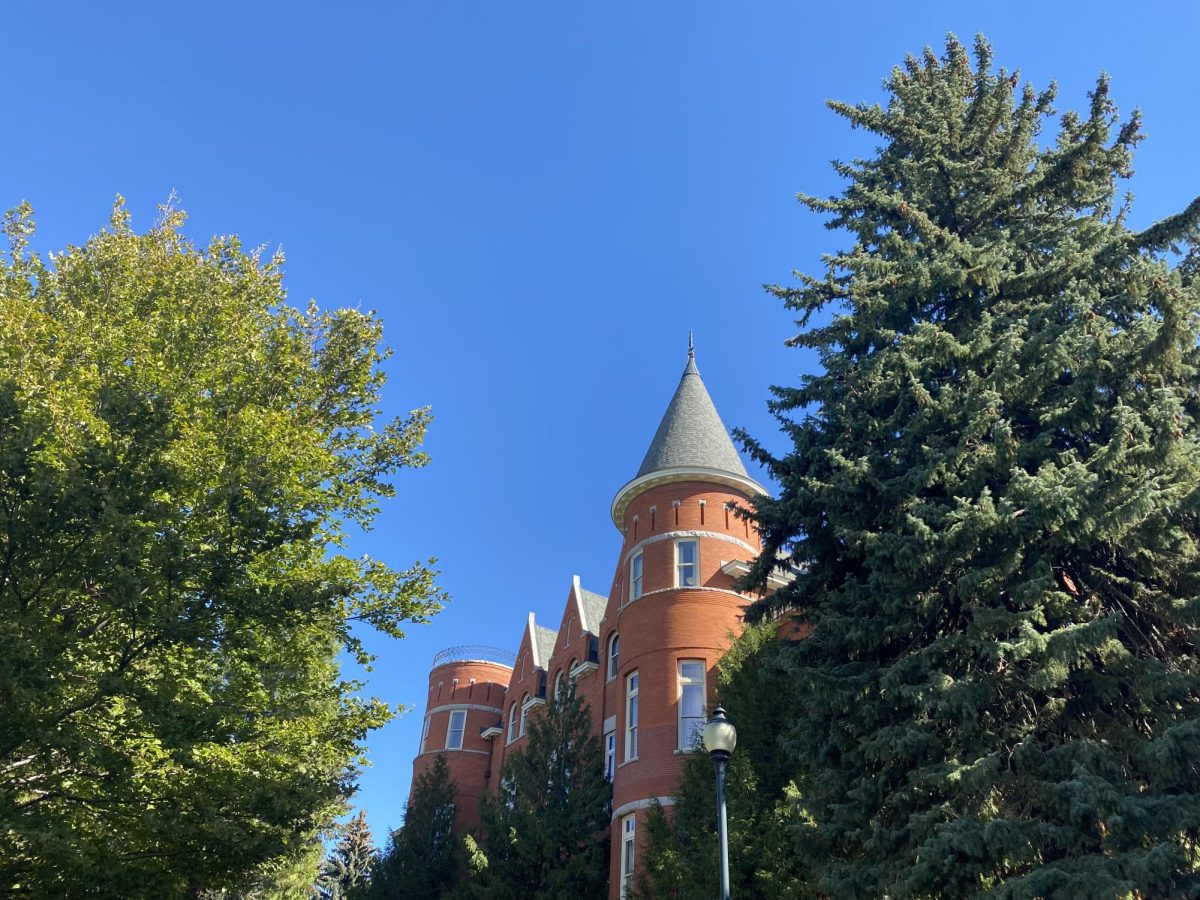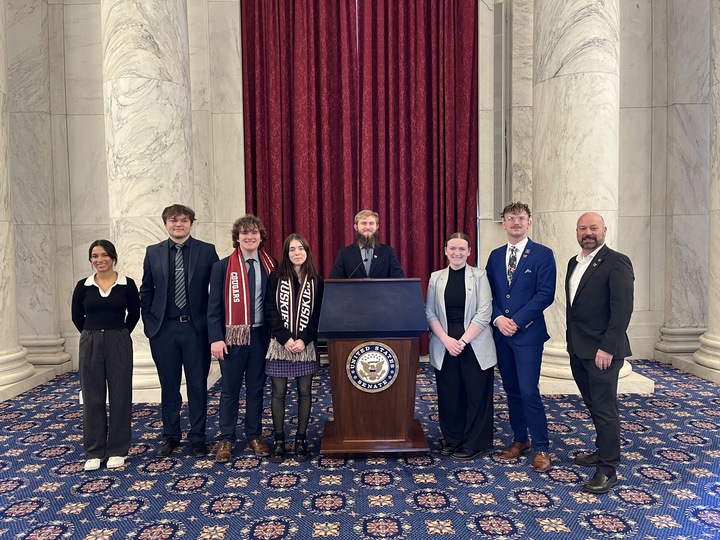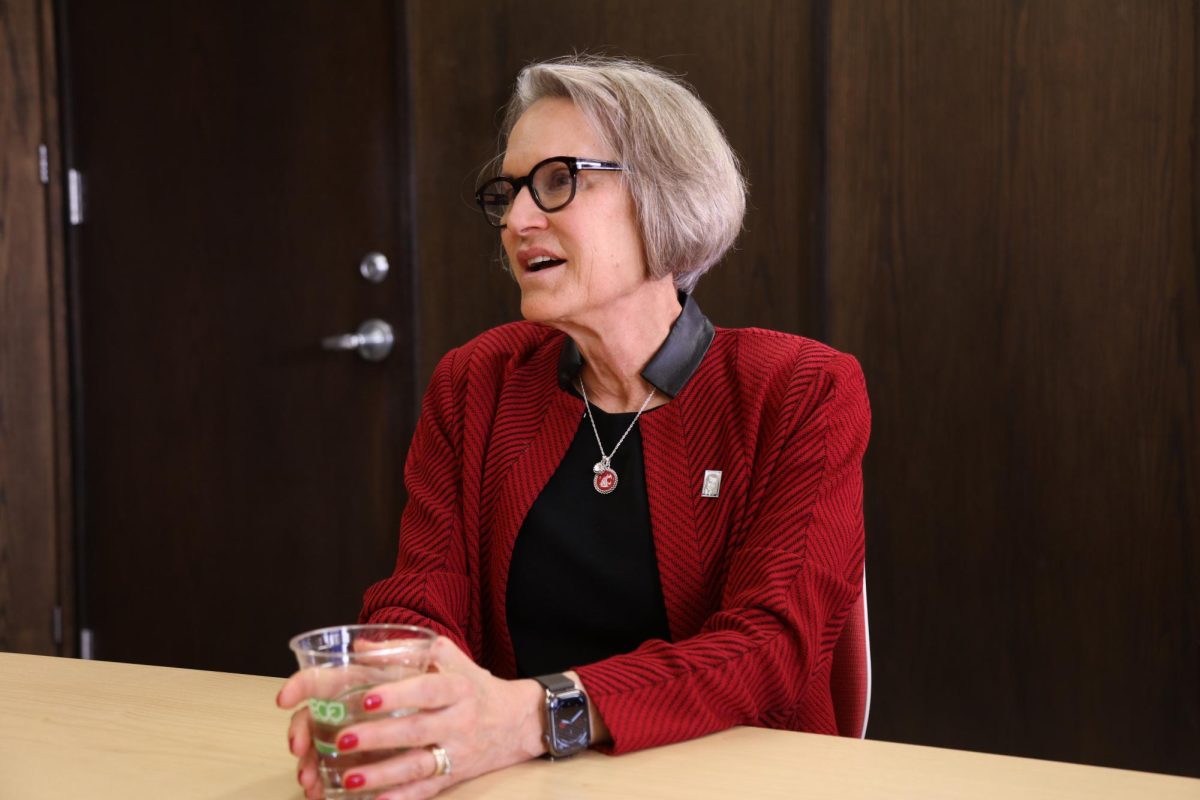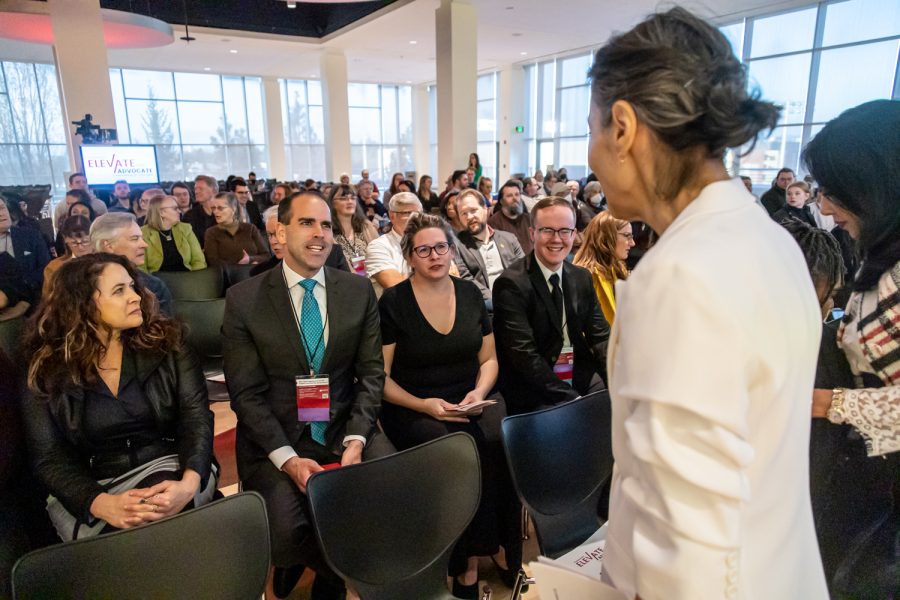President Kirk Schulz announced early September that WSU will not take positions on social and political issues.
Open debate is still encouraged by WSU, with the Office of the President saying that open debate is what the university was founded on.
The university justified this move by saying the policy will ensure all voices will be perceived without bias from WSU.
“By not aligning the institution with specific political or social positions, we create a space where all voices can be heard and considered without fear of institutional bias,” Schultz said.
However, WSU wants to ensure the debate going on within the school is respectful.
“We have a responsibility to ensure that debates within our community are fair, open, civil, and respectful,” the Office of the President said. “Not all offensive speech, however, is actionable.”
There are exceptions, however, with this policy: when an issue affects a large part of the university community.
“[WSU] may take a position to protect the interests and well-being of our community members or the operational integrity of the university,” the Office of the President said.
WSU cited the 1995 Supreme Court case Rosenberger v. Rector and Visitors of the University of Virginia as a part of the statement. The case addressed whether public universities could discriminate against religious publications when allotting funds.
“[The] danger … to speech from the chilling of individual thought and expression … is especially real in the University setting … for the University … to cast disapproval on particular viewpoints of its students risks the suppression of free speech and creative inquiry in one of the vital centers for the Nation’s intellectual life, its colleges and university campuses,” the Supreme Court said.
There has been some confusion regarding the specifics of WSU’s neutrality policy. An anonymous faculty member post on WSU’s faculty forum pointed out that the universities definition of controversial issues is vague.
“There is no definition of controversial political topics in the statement. There are topics that seem reasonable to many (like the right for marginalized groups to exist or equal rights for all genders) but could be viewed as controversial to others. So, is WSU going to remain neutral if the rights of marginalized groups on campus are threatened?” anonymous faculty said.
Faculty Senate Chair Tracy Klein reached out to the provost and president to share these concerns.
“As Senate Chair, I have asked Provost Riley Tillman and President Schultz to consider the above concern and evaluate the process for articulating exceptions to this statement,” Klein said. “One possible tool that could be considered for evaluation of exceptions could include use of the established Equity Lens Toolkit.”
Another anonymous faculty member was concerned about institutional neutrality in relation to the sudden removal of the word diversity from WSU’s vocabulary.
“There is a disturbing and abrupt shift at WSU to remove the word ‘Diversity’ from activities formerly known as DEI activities,” an anonymous faculty member said. “For example, instead of DEI statements from faculty job applicants, we are requesting ‘land-grant mission’ statements, and the word ‘diversity’ can no longer appear in job descriptions.”
Klein responded by clarifying that this was not the case for all the WSU campuses and said she received documents stating diversity has not been removed from job titles and strategic planning.
Ryan Ansloan, senior program officer of policy reform at the Foundation for Individual Rights and Expression, told The Center Square he is glad WSU is taking this step.
“By adopting institutional neutrality, Washington State University is making clear that ideas should be heard, debated, and challenged, without fear of reprisal for holding a minority position,” Ansloan said.
Colleges and universities should try not to take sides politically because it kills any opportunity for discourse, Ansloan said.
“When universities get in the business of making statements and choosing sides, they risk putting a thumb on the scale and foreclosing opportunities for discussions,” Ansloan said. “That is not what the function of a university should be.”
In the first two weeks of September, several universities announced similar institutional neutrality policies.







